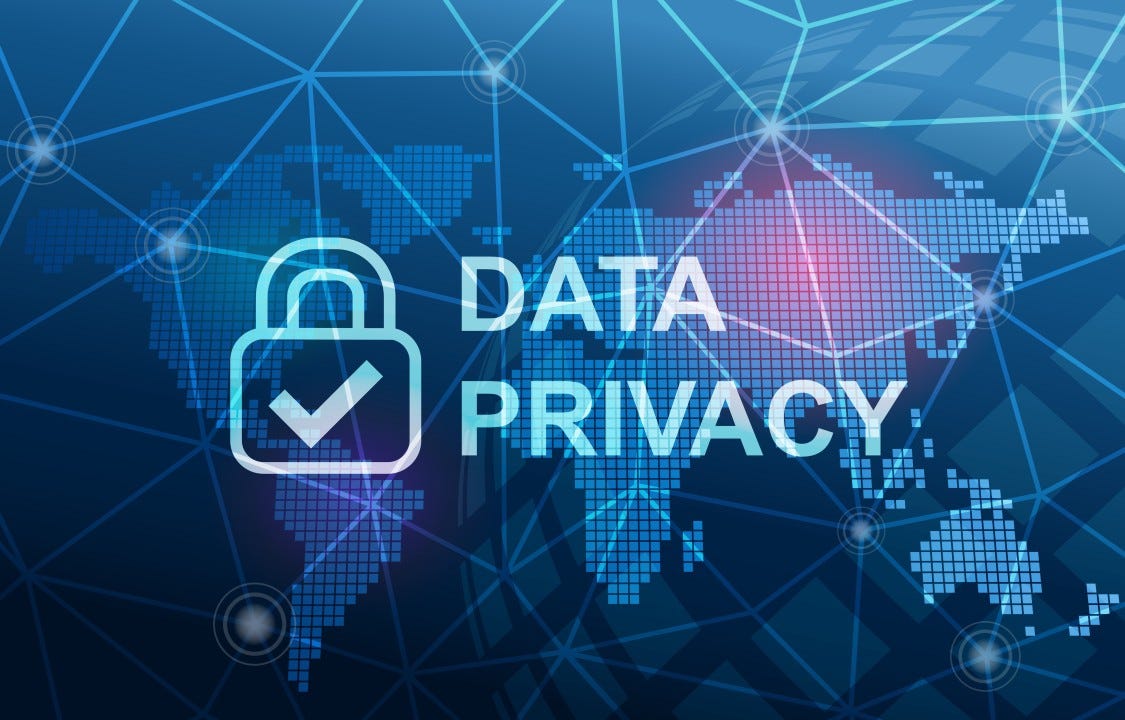Privacy in the Age of Big Data: Balancing Convenience and Security
In the digital age, we generate vast amounts of data through our online activities, from social media posts and online purchases to location tracking and smart device usage. While this data fuels innovation and drives digital transformation, it also raises concerns about privacy and security. Balancing the convenience of accessing personalized services with the need to protect sensitive information is a complex challenge in the age of big data. In this blog, we'll explore the implications of big data on privacy, discuss the trade-offs between convenience and security, and examine the role of augmented reality (AR), virtual reality (VR), software development, and data analytics in shaping the future of privacy.
Understanding Big Data and Privacy: Big data refers to the massive volumes of structured and unstructured data generated by digital interactions and transactions. This data includes personal information such as name, address, and browsing history, as well as behavioral data such as preferences and interests. While big data enables businesses to deliver personalized services and insights, it also poses risks to privacy and security. Unauthorized access, data breaches, and misuse of personal information are among the concerns raised by the proliferation of big data.
The Convenience-Security Trade-Off: The convenience of accessing personalized services and recommendations often comes at the expense of privacy and security. Tech companies collect and analyze vast amounts of user data to deliver targeted ads, recommendations, and content. While this personalized experience enhances user engagement and satisfaction, it also raises concerns about data privacy and consent. Users must weigh the benefits of convenience against the risks of privacy infringement and data exploitation, making informed decisions about their online activities and interactions.
Augmented Reality (AR) and Virtual Reality (VR): Augmented reality (AR) and virtual reality (VR) technologies offer immersive experiences and interactive content, blurring the lines between the physical and digital worlds. While AR and VR hold tremendous potential for entertainment, education, and training, they also raise privacy concerns related to data collection and tracking. Users must be aware of the data privacy implications of AR and VR applications, such as location tracking, biometric data collection, and behavioral analytics, and take steps to protect their privacy and security.
Software Development and Data Analytics: Software development plays a crucial role in ensuring privacy and security in the age of big data. Developers must implement robust security measures, such as encryption, access controls, and secure authentication, to protect sensitive data from unauthorized access and breaches. Data analytics techniques, such as anonymization, aggregation, and differential privacy, can help mitigate privacy risks while still extracting valuable insights from big data. By integrating privacy-by-design principles into software development processes, developers can build more secure and privacy-preserving applications.
Empowering Users with Control and Transparency: Empowering users with control and transparency over their data is essential for maintaining privacy in the age of big data. Companies should provide clear and accessible privacy policies, obtain explicit consent for data collection and processing, and offer users options to opt-out or limit the sharing of their personal information. Transparency about data practices, including how data is collected, used, and shared, builds trust and confidence among users, fostering a more privacy-conscious digital ecosystem.
Privacy in the age of big data is a complex and multifaceted issue that requires a careful balance between convenience and security. While big data enables personalized experiences and insights, it also poses risks to privacy and security. By raising awareness about privacy risks, implementing robust security measures, and empowering users with control and transparency over their data, we can navigate the challenges of big data while safeguarding privacy rights and ensuring a more secure and trustworthy digital environment. Let's work together to strike the right balance between convenience and security in the age of big data, preserving privacy as a fundamental human right in the digital era.



